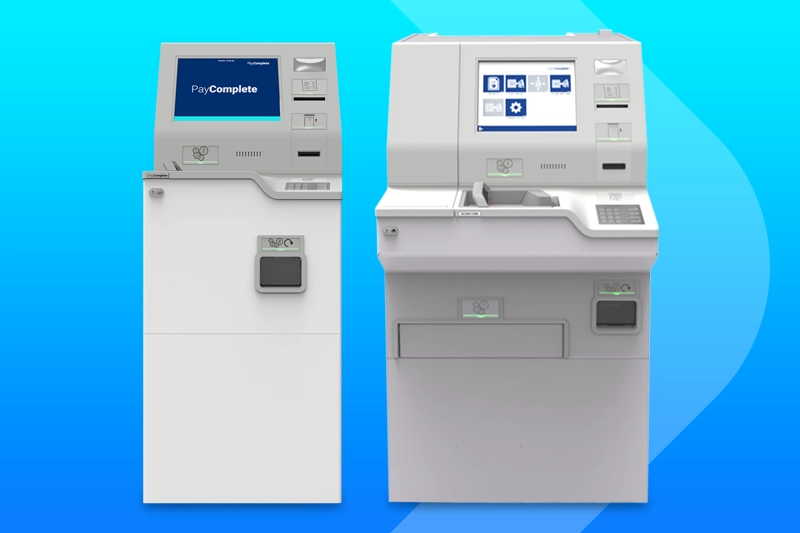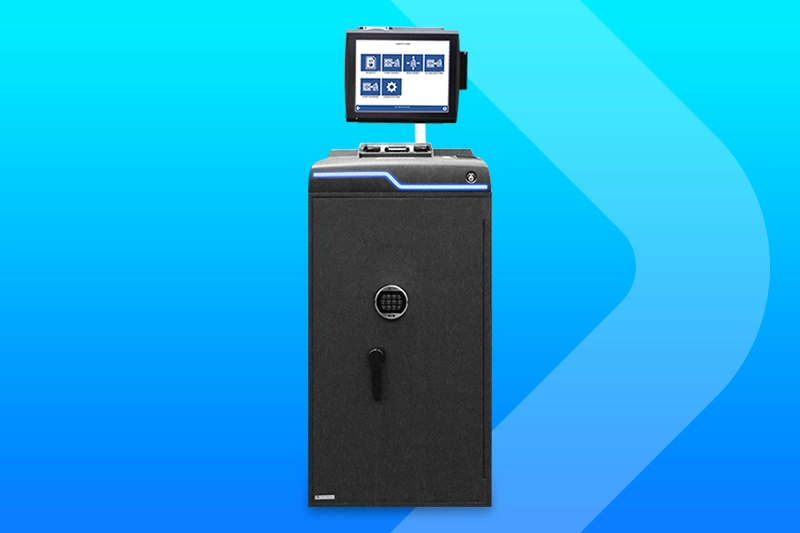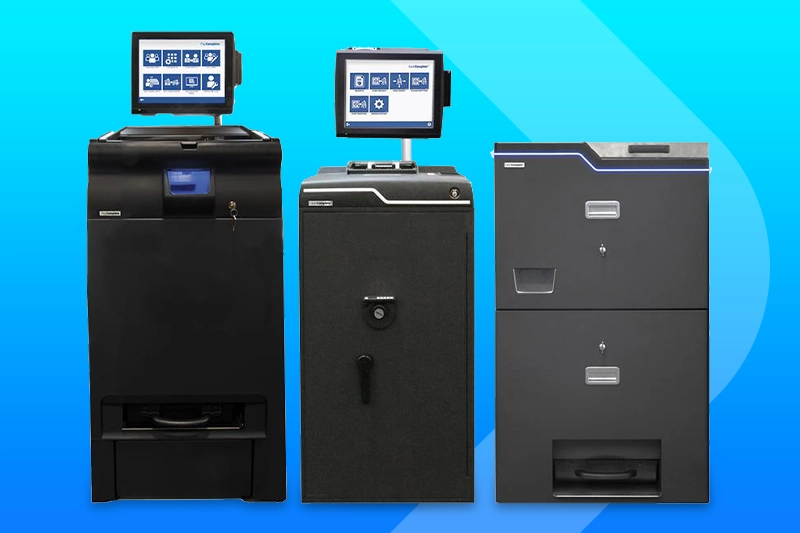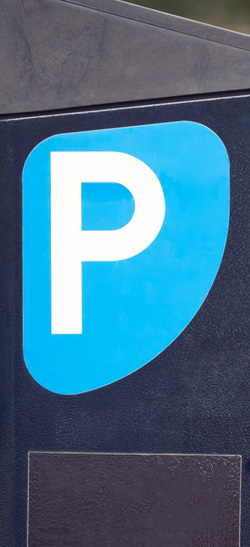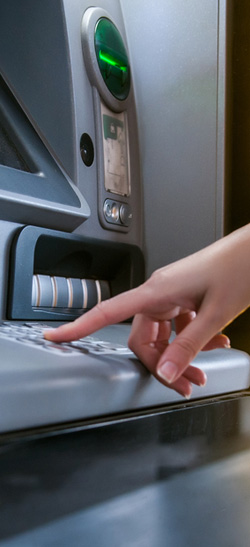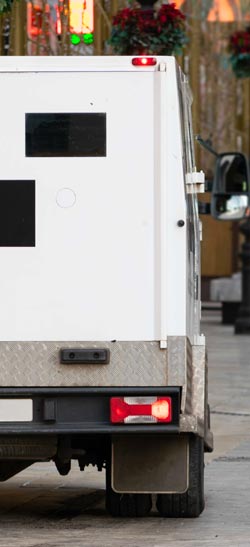Many companies are trying to wean their customers away from cash payments, but some are fighting against this loss of choice. In fact, 2023 saw the use of cash increase for the second year in a row according to figures from the Nationwide Building Society in the UK.
Cash seems to have a stronghold for particular types of transactions, such as bus fare payments. Now is the time for transport providers to explore the reasons for this growth and how this trend can benefit their business, passengers and society as a whole.
1. Inclusivity and Accessibility
One of the primary advantages of cash payments is inclusivity. Not everyone has access to digital payment methods, with 7.1 million (14% of the UK adult population) being defined as financially excluded. The Financial Conduct Authority (FCA) states there are around 1.1 million adults who are ‘underbanked’ in the UK. These could be individuals who either choose not to participate in mainstream financial services, or cannot access them due to lack of required UK documentation.
Some transport passengers, particularly older people, or those without bank accounts, may simply prefer cash.
Allowing customers to pay using cash will help ensure bus services are accessible to the broadest demographic. This is especially valuable when considering how essential bus services can be for work-related travel and ultimately supporting the financial security of those passangers.
2. Budgeting
Paying with cash may help your customers manage their household and personal budgets. Unlike credit cards, customers can only spend what they have when using cash. In the UK, 60% of people hold cash in reserve because they are worried about emergencies or want to feel more in control of their money. This money management aspect is vital during challenging economic times, which may be responsible for the recent increase in cash usage.
3. Reliability in Remote Areas
In some remote or rural areas where internet connectivity and electronic infrastructure might be limited, cash remains a reliable form of payment. Embracing cash ensures that bus services can service these areas without dependence on sophisticated digital systems.
4. Privacy and Security
Cash transactions offer a level of privacy that digital payments do not provide. For passengers looking to maintain discretion relating to their spending, using cash eliminates electronic trails that are associated with card transactions. Additionally, concerns about potential cybersecurity threats or identity theft are eliminated for those using physical currency.
5. Improved efficiency of cash management
For transportation companies wanting to offer the benefits mentioned above, the biggest challenge relates to the costs and inefficiencies of physical cash. However, new Software as a Service (SaaS) technology is changing things.
Hardware such as cash counters and smart safes can now be digitally connected to improve efficiency at every step, from securely accepting, transporting, and managing cash.
It’s time to re-think cash
The use of cash in the UK is making a surprise comeback driven by social, economic, and personal preferences. Inclusivity, budgetary control and reliability are just a few specific drivers of its continuing popularity. New technology is making cash acceptance more efficient than ever before.
While the overall shift towards cashless payments in the UK is clear, it’s important to recognise the important role cash plays not only for transport companies and their users – but for society as a whole.
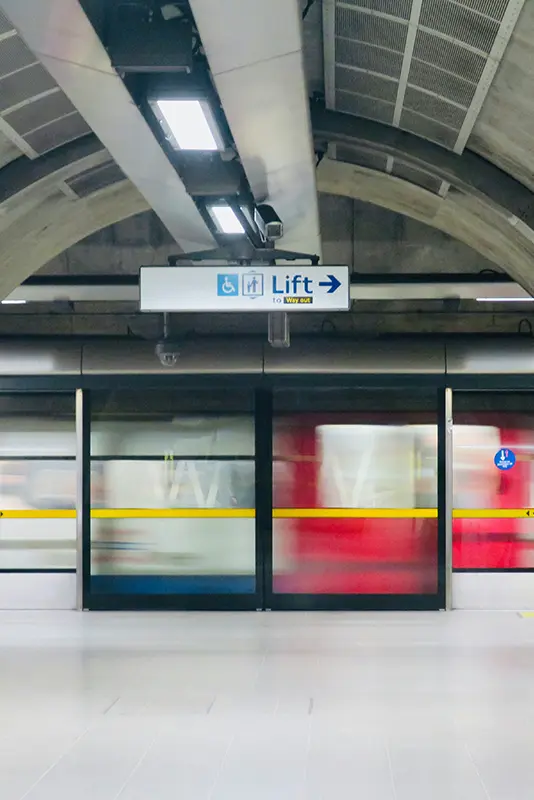
Related Posts

